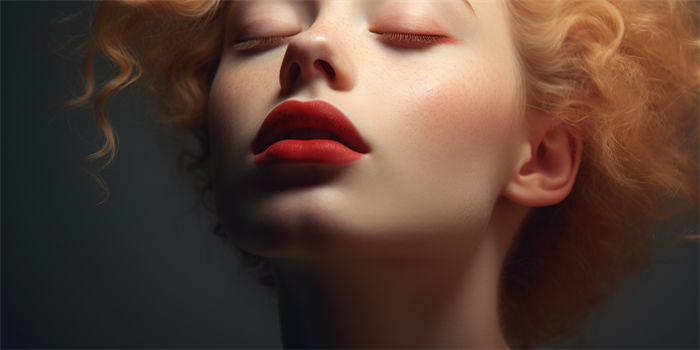Can I Eat Shrimp After Using DermaWand in Cork?
Understanding DermaWand and Its Effects
DermaWand is a popular skincare device that uses radiofrequency technology to stimulate collagen production and improve skin elasticity. It is commonly used to reduce the appearance of fine lines and wrinkles, tighten skin, and improve overall skin texture. The device works by emitting a low-level electrical current that heats the skin, promoting blood circulation and collagen synthesis. This process can cause temporary redness or mild irritation in some users, but these effects are usually short-lived.

The Role of Diet in Post-DermaWand Care
After using DermaWand, it is essential to maintain a healthy and balanced diet to support the skin's recovery and rejuvenation process. Foods rich in antioxidants, vitamins, and minerals can help reduce inflammation and promote skin health. Shrimp, being a good source of protein, omega-3 fatty acids, and essential nutrients like zinc and selenium, can be a beneficial addition to your diet. However, it is crucial to consider any potential allergies or sensitivities you may have to seafood.
Potential Allergic Reactions to Shrimp
Shrimp is one of the most common allergens, and individuals with seafood allergies may experience severe reactions, including hives, swelling, and difficulty breathing. If you have a known allergy to shrimp or other shellfish, it is advisable to avoid consuming it after using DermaWand or any other skincare treatment. Even minor allergic reactions can exacerbate skin conditions and interfere with the healing process.
The Importance of Proper Food Handling
Proper food handling is crucial to prevent foodborne illnesses, especially when consuming seafood. Shrimp should be cooked thoroughly to eliminate any harmful bacteria that may be present. Raw or undercooked shrimp can pose health risks, including bacterial infections that could complicate the skin's recovery process after using DermaWand. Ensuring that shrimp is cooked to an internal temperature of 145°F (63°C) is essential for safety.
Hydration and Skin Health
Hydration plays a vital role in maintaining skin health and supporting the effects of DermaWand. Drinking plenty of water helps to flush out toxins, keep the skin hydrated, and promote overall skin health. Including shrimp in your diet can contribute to your daily protein intake, but it is equally important to balance this with adequate hydration. Water helps to transport nutrients to the skin cells and aids in the elimination of waste products, supporting the skin's natural healing process.
FAQ
Q: Can I eat shrimp immediately after using DermaWand?
A: Yes, you can eat shrimp immediately after using DermaWand, provided you do not have any allergies to seafood and the shrimp is cooked thoroughly. However, it is always a good idea to listen to your body and monitor for any adverse reactions.
Q: Are there any specific nutrients in shrimp that benefit the skin?
A: Yes, shrimp is rich in protein, omega-3 fatty acids, zinc, and selenium, all of which are beneficial for skin health. Protein helps in repairing and building skin tissues, while omega-3 fatty acids reduce inflammation and keep the skin hydrated.
Q: What should I avoid eating after using DermaWand?
A: It is generally advisable to avoid highly processed foods, sugary snacks, and foods that may cause inflammation. These can interfere with the skin's healing process and negate the benefits of DermaWand.
Q: How long should I wait before eating shrimp after using DermaWand?
A: There is no specific waiting period. You can eat shrimp as soon as you are ready to eat, provided it is cooked properly and you do not have any seafood allergies.
Q: Can eating shrimp affect the results of DermaWand?
A: Eating shrimp itself is unlikely to affect the results of DermaWand. However, maintaining a balanced diet and staying hydrated are crucial for supporting the skin's natural healing process and enhancing the benefits of DermaWand.
In conclusion, eating shrimp after using DermaWand is generally safe and can even be beneficial for your skin, provided you do not have any seafood allergies and the shrimp is cooked properly. Always prioritize a balanced diet and proper hydration to support your skin's health and recovery.




